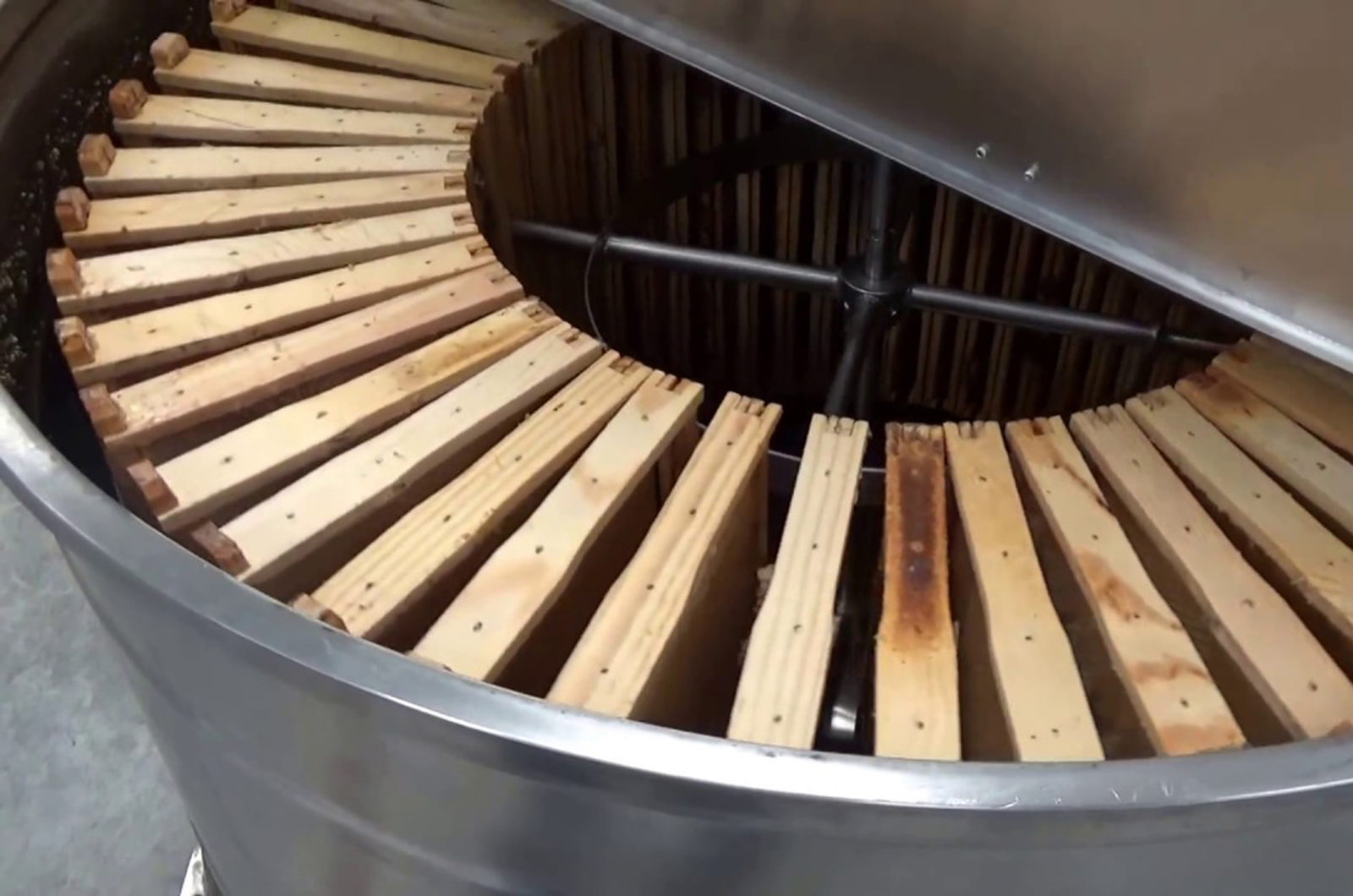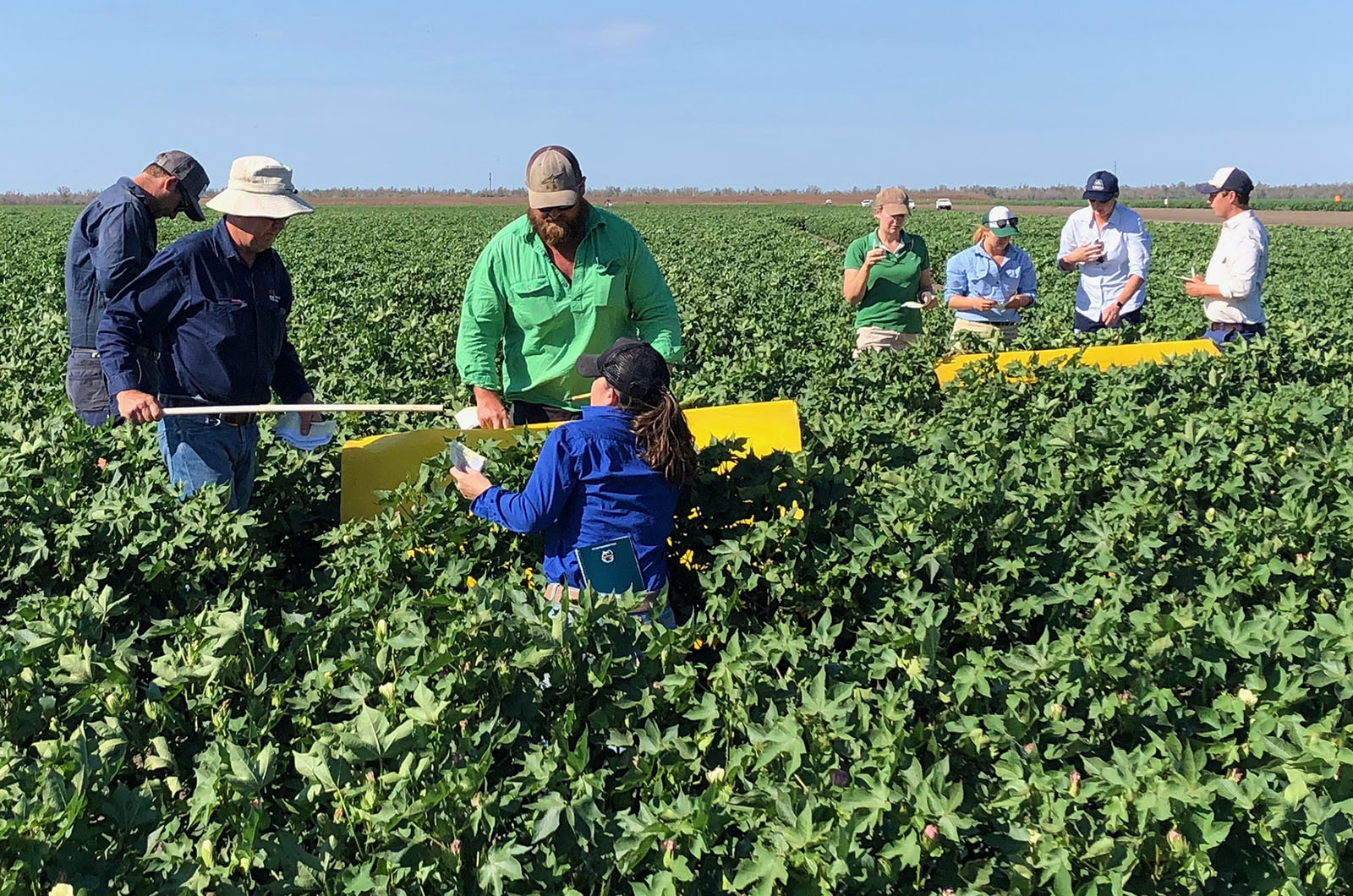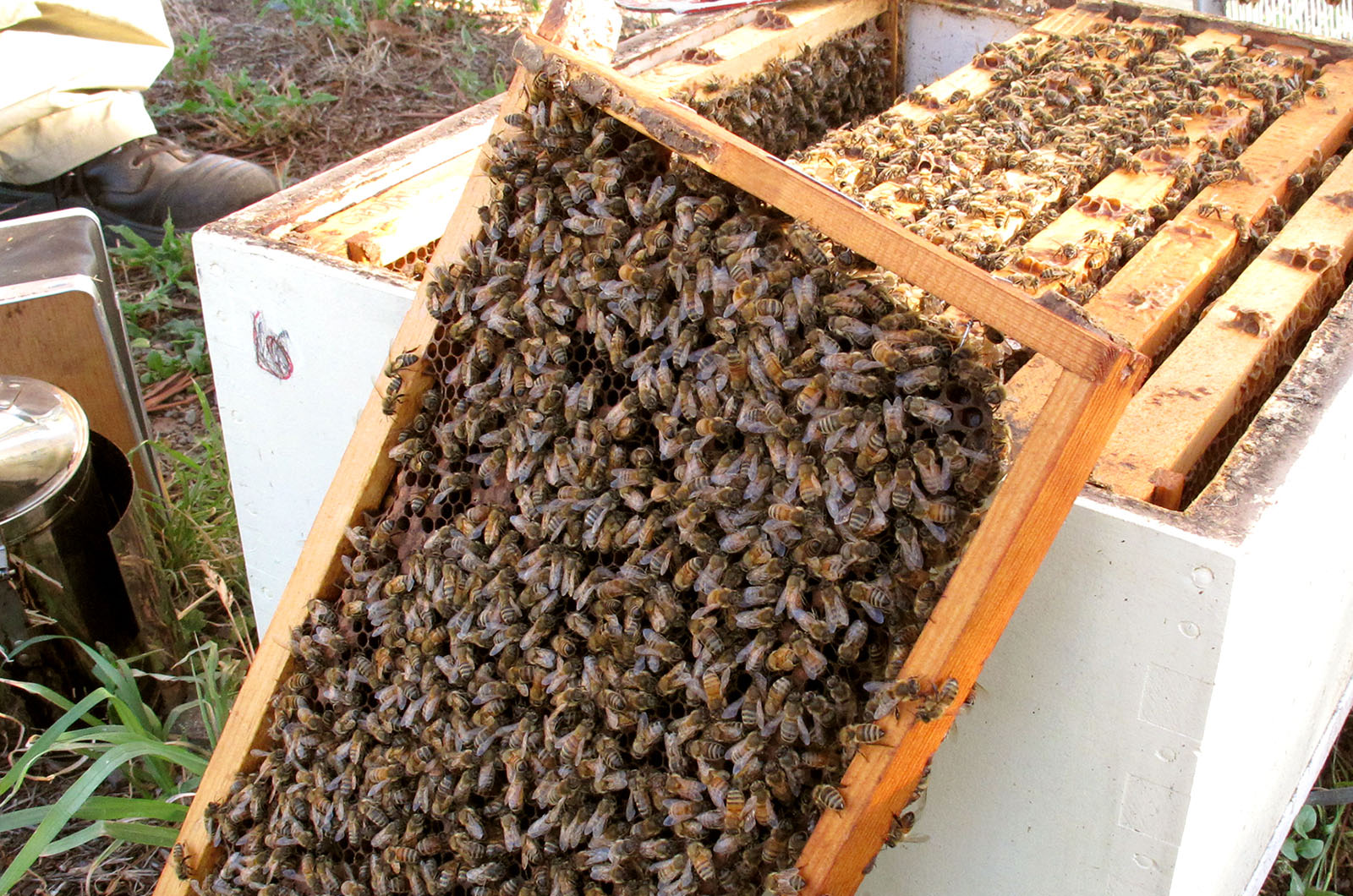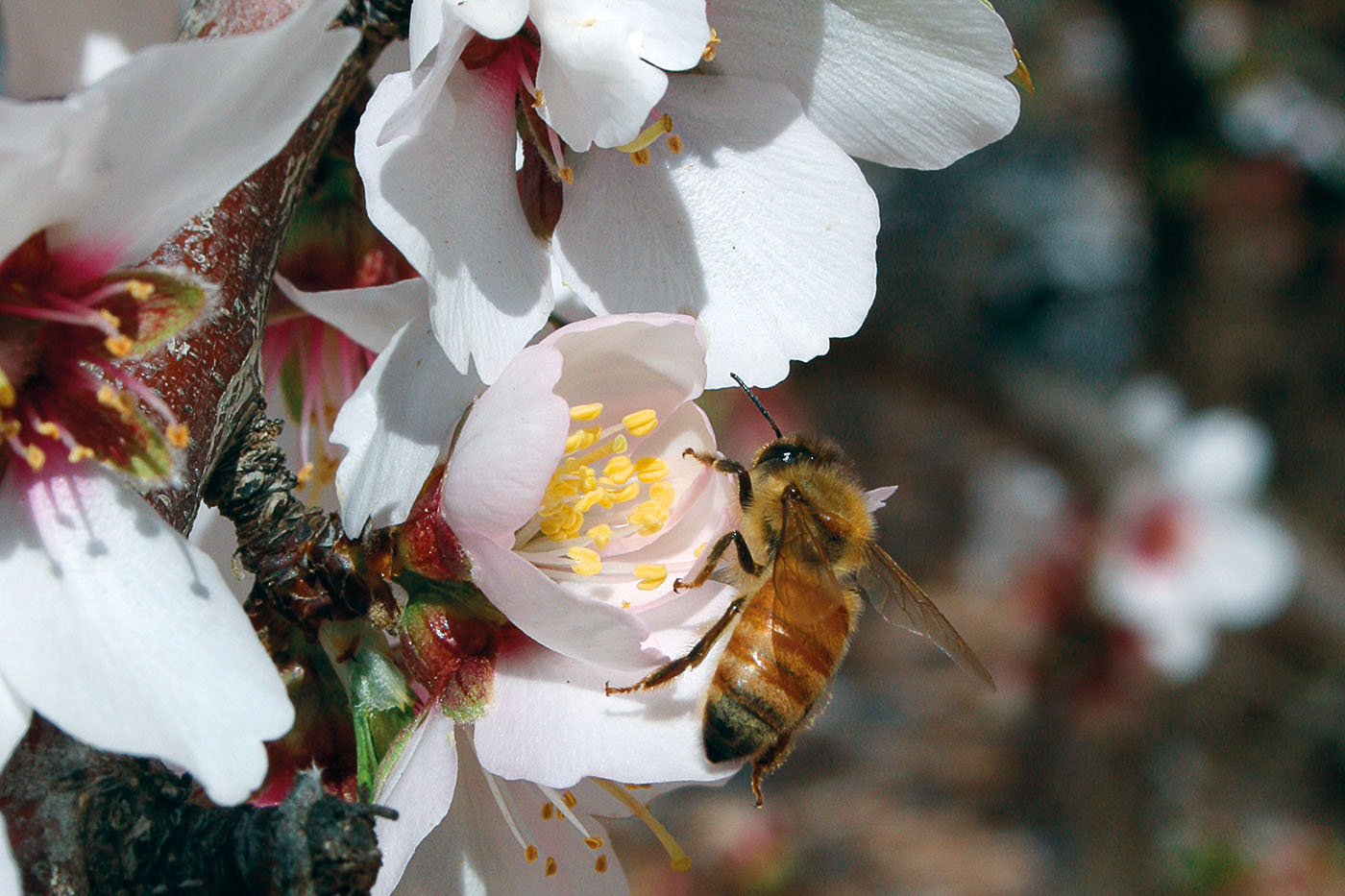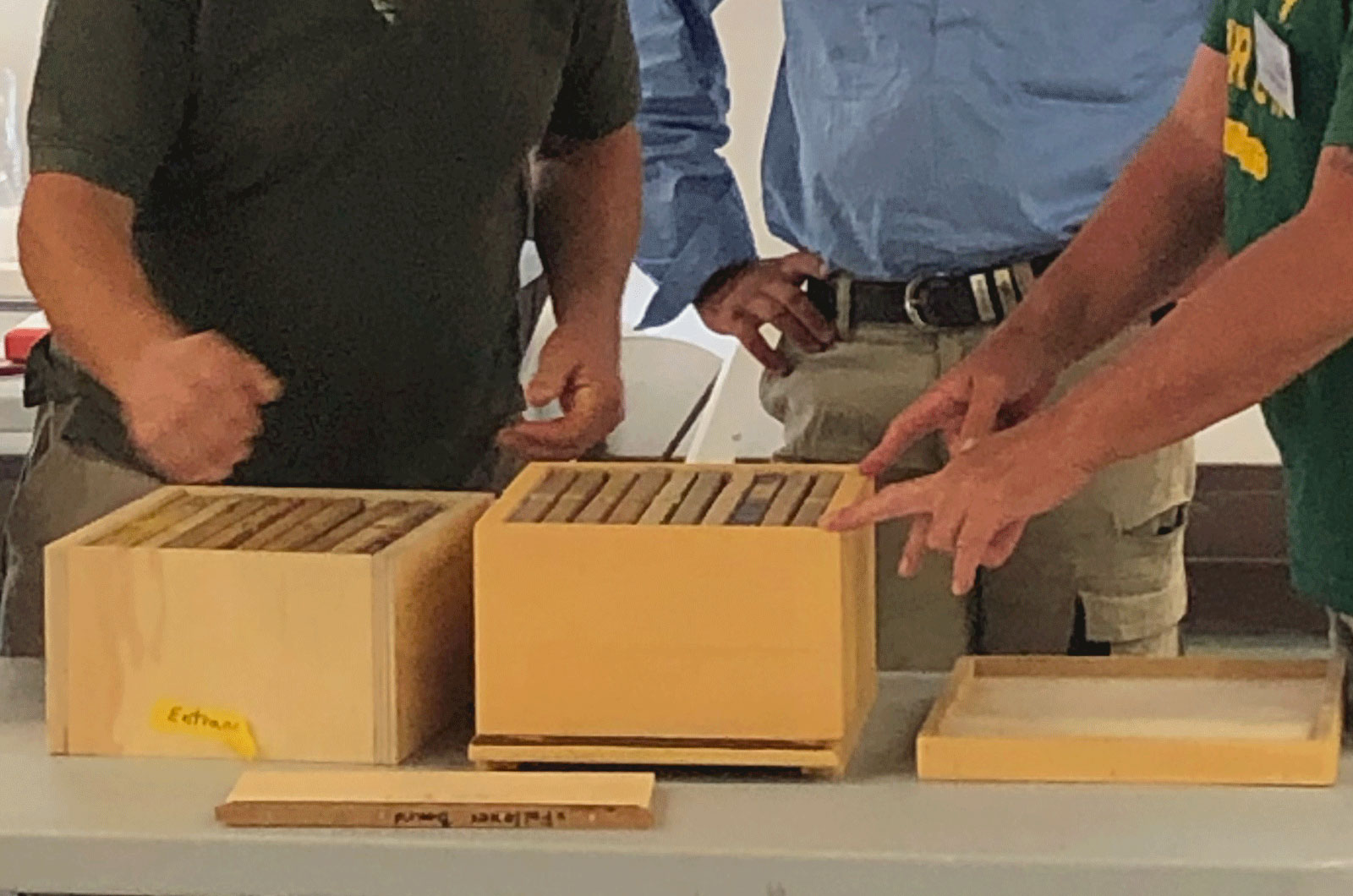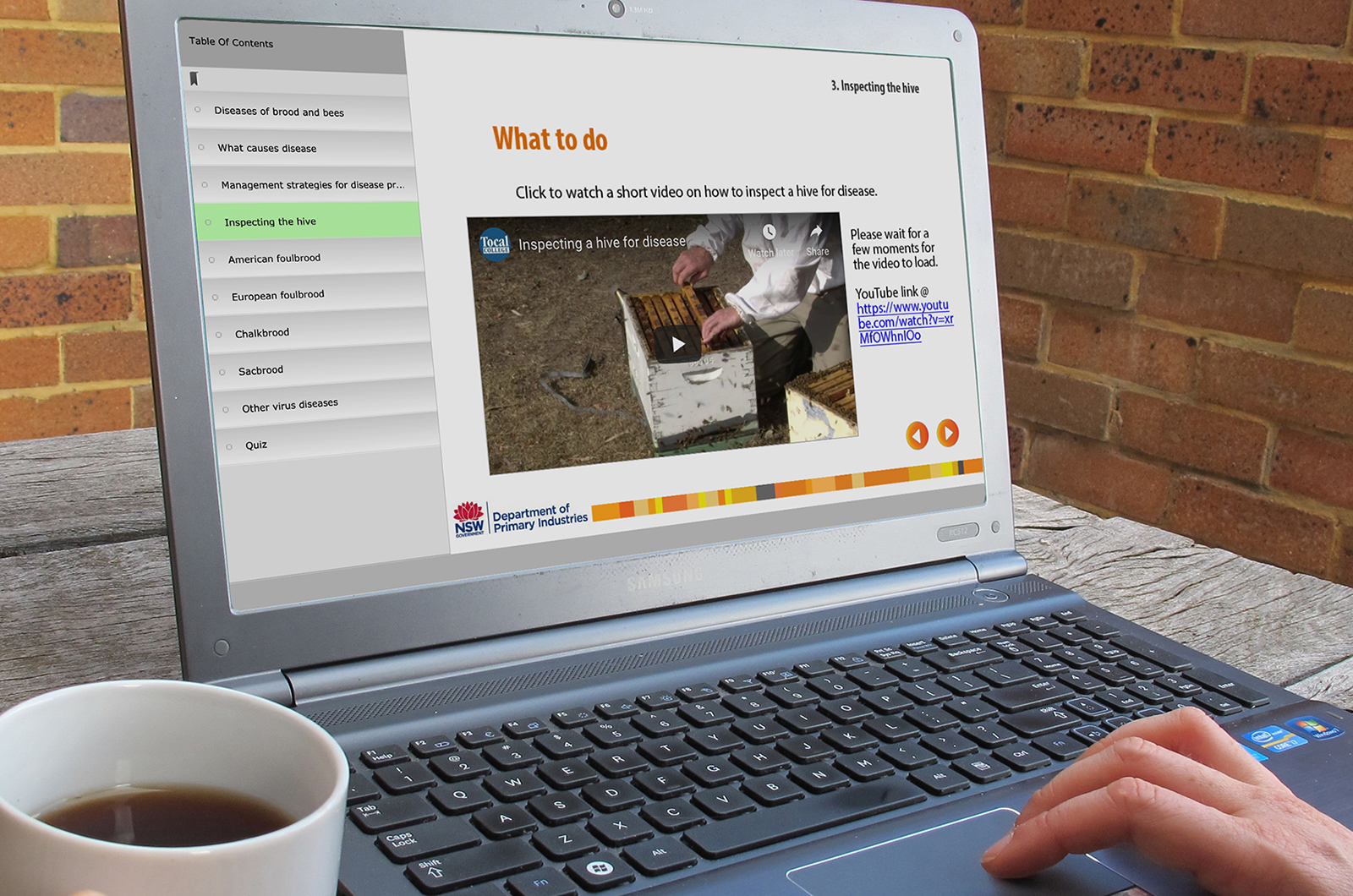 Type: Online
Units: 1
Type: Online
Units: 1
Manage pest and disease in honeybees - online
This online course provides beekeepers with the skills to recognise, monitor and manage the impact of pests and diseases on honey bee colonies, and has been developed to align with two units of competency from the Certificate III in Beekeeping AHC31818

